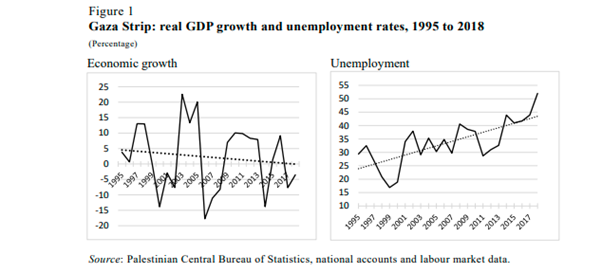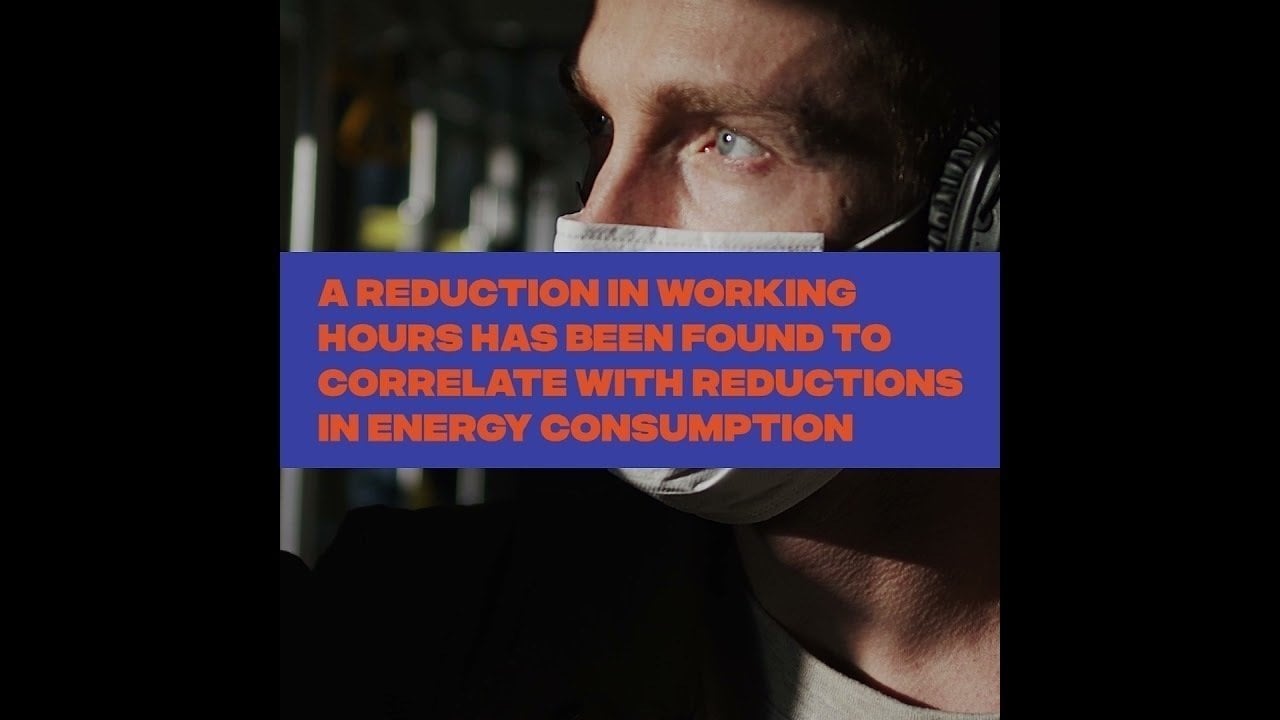The Unending Nightmare: Gaza Hostage Crisis And Its Impact On Families

Table of Contents
The Psychological Toll on Families
The experience of having a loved one abducted or held hostage during the Gaza Hostage Crisis inflicts severe psychological trauma. The emotional aftermath extends far beyond the immediate event, leaving lasting scars on the mental well-being of families.
Trauma and PTSD
The sheer terror and uncertainty inherent in the Gaza Hostage Crisis often lead to Post-Traumatic Stress Disorder (PTSD). Symptoms can manifest in various ways, significantly impacting daily life.
- Sleep disturbances: Insomnia, nightmares, and night terrors are common.
- Hypervigilance: Constant alertness and anxiety, often leading to exhaustion.
- Difficulty concentrating: Inability to focus on tasks, impacting work and relationships.
- Emotional numbness: Feeling detached and emotionally unresponsive.
The long-term effects of PTSD can be debilitating, requiring specialized therapy and ongoing support. Families may need access to trauma-informed care, including individual and group therapy, to process their experiences and begin healing.
Uncertainty and Anxiety
The lack of information and the prolonged uncertainty surrounding the fate of hostages during the Gaza Hostage Crisis significantly contribute to the families' anxiety and stress levels. Not knowing whether their loved ones are alive or dead causes immense emotional suffering.
- Constant worry: A pervasive feeling of dread and apprehension.
- Difficulty functioning in daily life: Struggling with work, childcare, and other responsibilities.
- Strained relationships: Increased tension and conflict within families and social circles.
The media coverage and, sometimes, the lack of official communication can exacerbate this anxiety. Inconsistent or contradictory reports can further intensify the emotional turmoil families endure.
Grief and Loss
Even if hostages are eventually released, families may still grapple with the profound grief associated with the ordeal. The trauma experienced can lead to complicated grief, characterized by intense emotional pain that doesn't subside over time.
- Feelings of guilt: Believing they could have done something to prevent the abduction.
- Anger: Directed at the perpetrators, the authorities, or even themselves.
- Isolation: Feeling disconnected from others and unable to share their experiences.
- Difficulty processing emotions: Struggling to understand and cope with their emotional responses.
Access to grief counseling and support groups can be invaluable for families navigating this complex emotional landscape. Sharing experiences with others who understand can provide a sense of community and validation.
Socioeconomic Impact on Families
The Gaza Hostage Crisis often places a significant financial burden on families, adding to their already immense emotional distress. The economic consequences can be devastating and long-lasting.
Financial Strain
Families face numerous financial challenges in the wake of the Gaza Hostage Crisis. The crisis creates a ripple effect of economic hardship.
- Job loss: Unable to work due to stress, anxiety, or the need to focus on searching for loved ones.
- Debt accumulation: Mounting medical bills, travel expenses for searching, and legal fees.
- Inability to afford basic necessities: Struggling to provide food, housing, and other essentials.
The economic hardship is further compounded by the existing challenges faced by many in Gaza, where poverty and lack of economic opportunity are widespread. Government assistance may be inadequate or unavailable, leaving families to cope alone.
Social Isolation and Stigma
Families affected by the Gaza Hostage Crisis may experience social isolation and stigma. They might face misunderstanding or judgment from their communities. The circumstances surrounding the crisis can lead to societal biases.
- Withdrawal from social activities: Feeling ashamed or embarrassed to share their experiences.
- Strained relationships: Friends and family may not fully understand the trauma they've endured.
- Fear of judgment: Reluctance to seek help or support due to potential criticism.
Building supportive communities and reducing the stigma associated with the Gaza Hostage Crisis is crucial for the well-being of affected families. Open dialogue and empathy can help create a more inclusive and supportive environment.
The Long-Term Effects on Children
The Gaza Hostage Crisis has devastating consequences for children whose parents or other family members are involved. The impact on their development and well-being can be profound and long-lasting.
Childhood Trauma
Witnessing or experiencing the trauma associated with the Gaza Hostage Crisis can have significant long-term effects on children’s mental and emotional development.
- Regression in development: Children may revert to earlier stages of development, exhibiting behaviors associated with younger ages.
- Nightmares: Recurring nightmares related to the traumatic events.
- Aggression: Increased irritability, anger, and acting-out behaviors.
- Anxiety disorders: Development of anxiety disorders such as separation anxiety or generalized anxiety.
Early intervention and specialized care, including trauma-focused therapy, are essential to help children process their experiences and prevent long-term psychological problems.
Educational Disruption
The Gaza Hostage Crisis can significantly disrupt a child's education, leading to academic setbacks and long-term difficulties. This educational disruption further impacts their future.
- Absenteeism from school: Inability to attend school due to trauma, anxiety, or family responsibilities.
- Difficulty concentrating: Inability to focus on learning due to emotional distress.
- Reduced academic performance: Falling behind in schoolwork, leading to academic struggles.
Providing support services to ensure children maintain access to education is crucial. Creating a supportive learning environment sensitive to the trauma they've experienced is essential for their educational success.
Conclusion
The Gaza Hostage Crisis is a human tragedy with devastating and far-reaching consequences for families. The psychological, socioeconomic, and long-term impacts on children are severe and require immediate and sustained attention. Understanding the complexities of this crisis is crucial in providing effective support and advocating for the well-being of affected families. We must continue to raise awareness about the enduring nightmare of the Gaza Hostage Crisis and work towards solutions to prevent such tragedies and provide comprehensive support for those affected. Let's advocate for better international intervention and support mechanisms for families suffering from the devastating impact of the Gaza Hostage Crisis. We must act now to alleviate the suffering caused by this ongoing crisis and prevent future tragedies.

Featured Posts
-
 Why No New Elsbeth Episode This Week March 20 Season 2 Episode 16 Release Date
May 13, 2025
Why No New Elsbeth Episode This Week March 20 Season 2 Episode 16 Release Date
May 13, 2025 -
 Copyright Concerns High Profile Celebrities Petition Uk Government Against Ai Use
May 13, 2025
Copyright Concerns High Profile Celebrities Petition Uk Government Against Ai Use
May 13, 2025 -
 Gotovnost K Dialogu Britaniya Predlagaet Es Obsudit Bezopasnost
May 13, 2025
Gotovnost K Dialogu Britaniya Predlagaet Es Obsudit Bezopasnost
May 13, 2025 -
 Comprehensive Senior Activities Calendar Trips And Events
May 13, 2025
Comprehensive Senior Activities Calendar Trips And Events
May 13, 2025 -
 Fiorentina Vs Atalanta Gol Tunggal Kean Putuskan Kemenangan
May 13, 2025
Fiorentina Vs Atalanta Gol Tunggal Kean Putuskan Kemenangan
May 13, 2025
